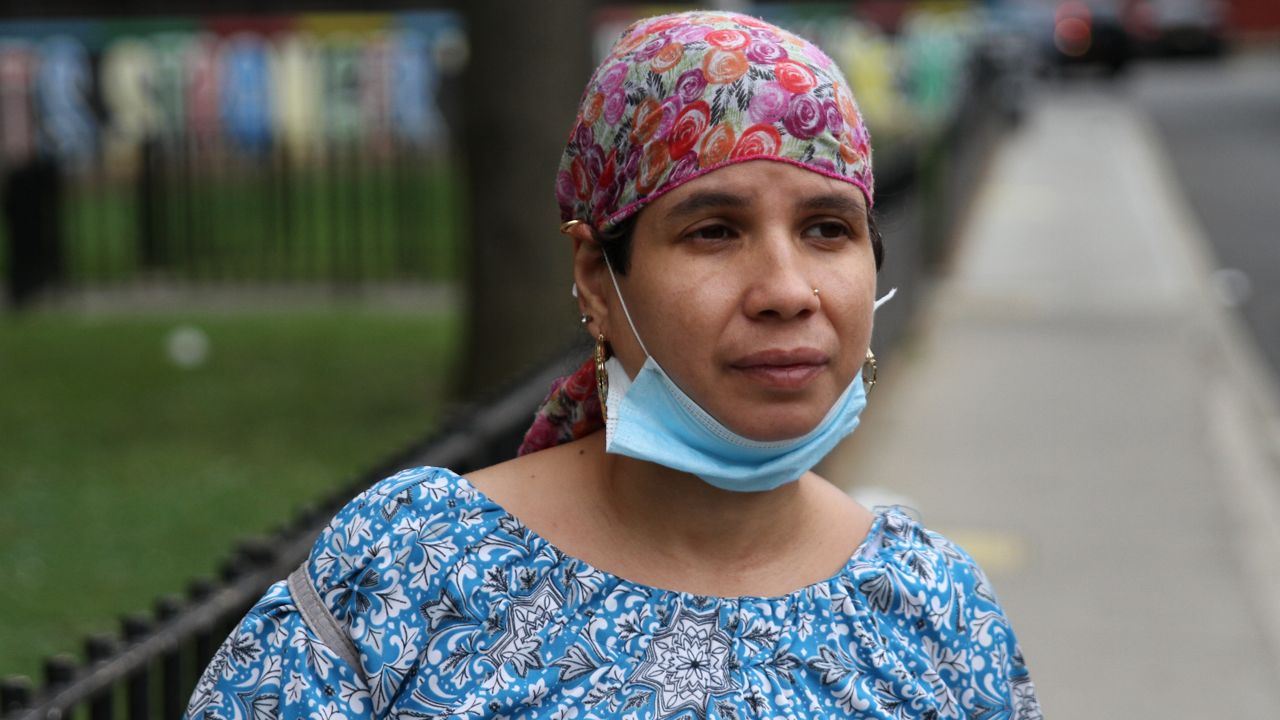Brownsville is strong, but Brownsville is frightened. Gun violence is tearing Brooklyn's 73rd Precinct apart.
So far this year, 19 people have been murdered, an increase of more than 70 percent compared to last year, and 86 people shot, almost double the 2019 rate, according to police.
It's also seeing gun violence at twice the city rate, which is why NY1 decided to launch our “On the Beat in Brownsville, Inside the 73rd Precinct" project.
How do the people who daily brave Brownsville streets feel? Here's what they told us.
‘Being Here Is Like A Sitting Duck’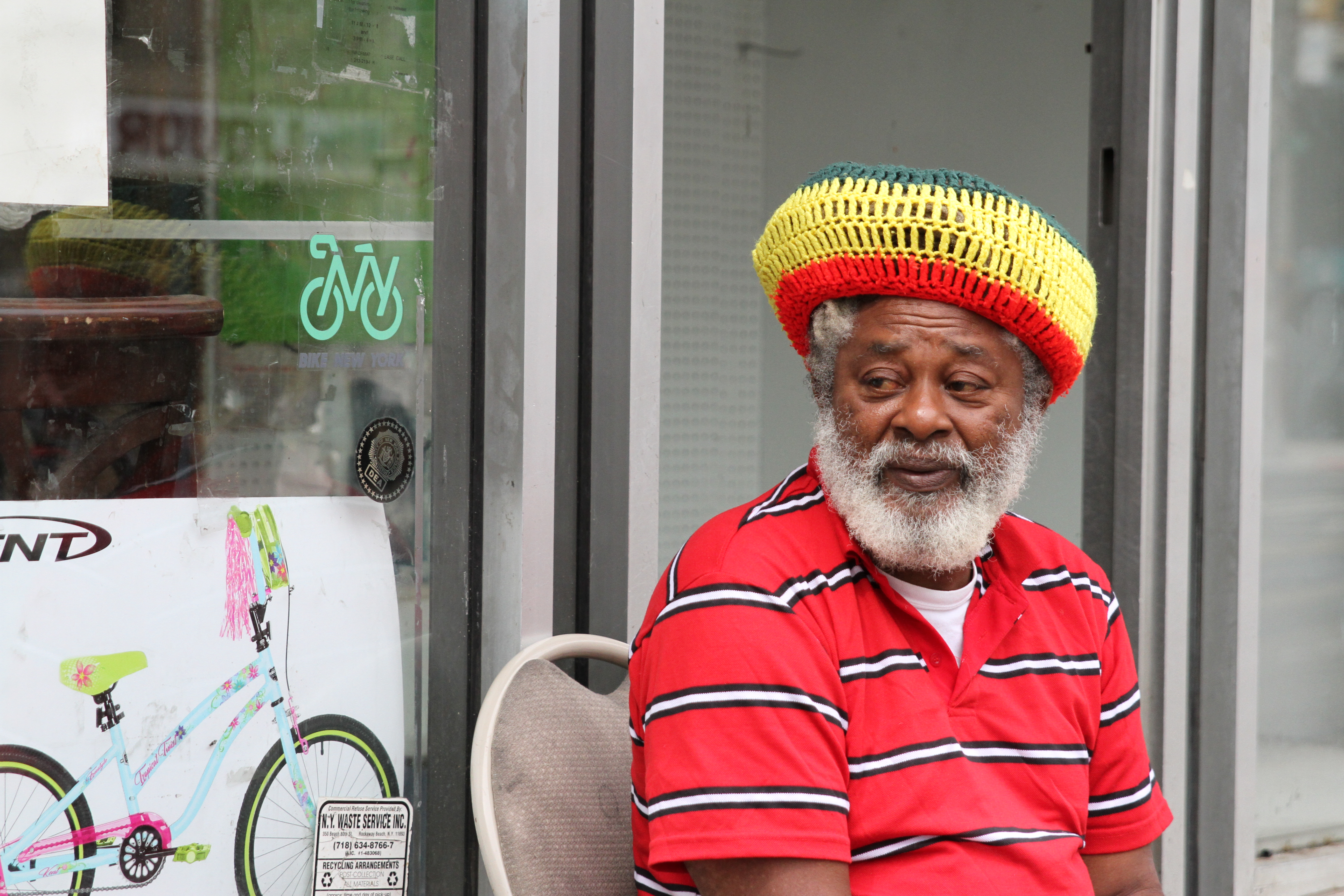
Business is so bad along Pitkin Avenue the Brownsville Bike Shop doesn’t even have a bike, said owner Jah Hammed. The problem isn’t just the economic fallout caused by the novel coronavirus pandemic, there are also the flying bullets at record-breaking rates.
“I’m doing business fearing for my life,” Hammed said. “Being here is like a sitting duck.”
Hammed, 67, has owned the Brownsville Bike Shop for more than 30 years — during which time he raised a family and launched a career as reggae artist — but he’s never seen the violence so intense as it's been this summer.
“Because the money’s not flowing like it used to flow, the kids have to try to find a way to make a living,” Hammed said. “They steal, they sell drugs.”
Hammed is proud that his two sons have pursued the same independence Brownsville Bike Shop gives him — one is a Verizon manager with a recording label and the other is a professional DJ in Virginia — but won’t take any credit.
“They’re motivated,” Hammed said. “They don’t sit back.”
Motivation has provided a small level of security to Hammed, who bought his storefront decades ago and does not have to fear eviction, even though, “The virus kills the business.”
“If I wasn’t really a person who was motivated trying to make something of my life, I’d probably be in the street,” Hammed said.
“Doing what some of these other people are doing, just to get something to eat.”
‘Nowhere You Go Is Safe’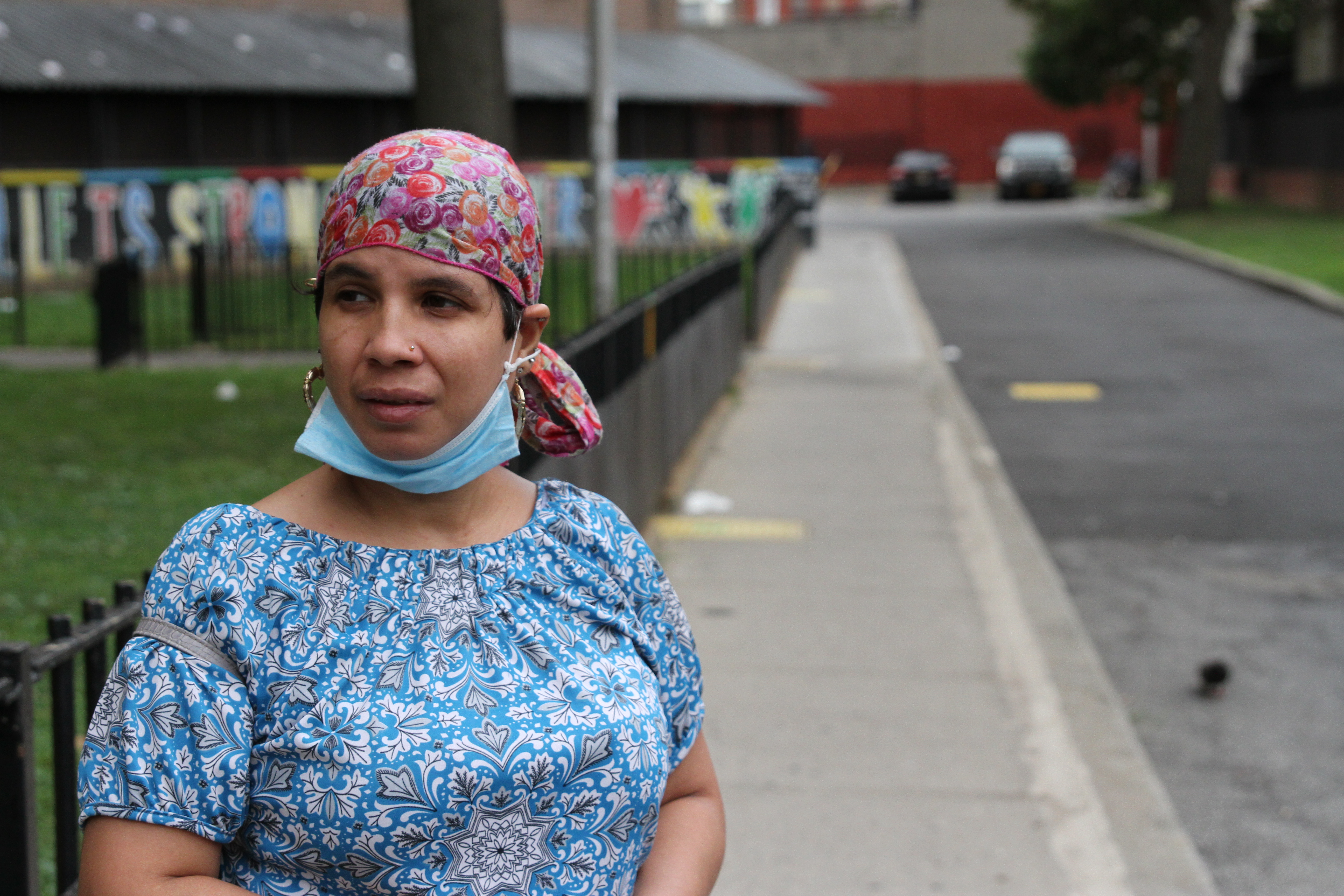
Each of Grisel Perez’s fears have a landmark and every one of those landmarks are within a block radius of her Langston Hughes Houses home.
“I don’t feel safe here,” Perez said. “People is scared.”
Perez, 43, walks her sister’s dog Bruno along a side alley where people in a nearby development throw their dirty diapers, mosquitoes buzz around the ankles of anyone who stops to linger, and once a dark van slowed down and its driver tried to kidnap her, she said.
Perez might take Bruno to any number of playgrounds nearby — which stood empty on a rarely cool August afternoon — but those areas scare her the most.
“They were shooting,” she says of the kids who gather in Langston Hughes’ courtyards. “There’s a lot of death. They think it’s so cute. It’s not cute.”
But Perez’s worst fear is not for herself, but the 18-year-old daughter she tells to stay inside every day and repeatedly warns not to talk to strangers.
One day her daughter — who once saved a baby bat by wrapping it up in her scarf and carrying it home — walked through the front door in a rage and threw her backpack on the floor.
While walking up the excrement-smeared stairwell, a man had exposed himself to her teenaged daughter, Perez said.
“It do get me down,” Perez said. “Nowhere you go is safe.”
‘I Never Had The Pleasure To Find Out’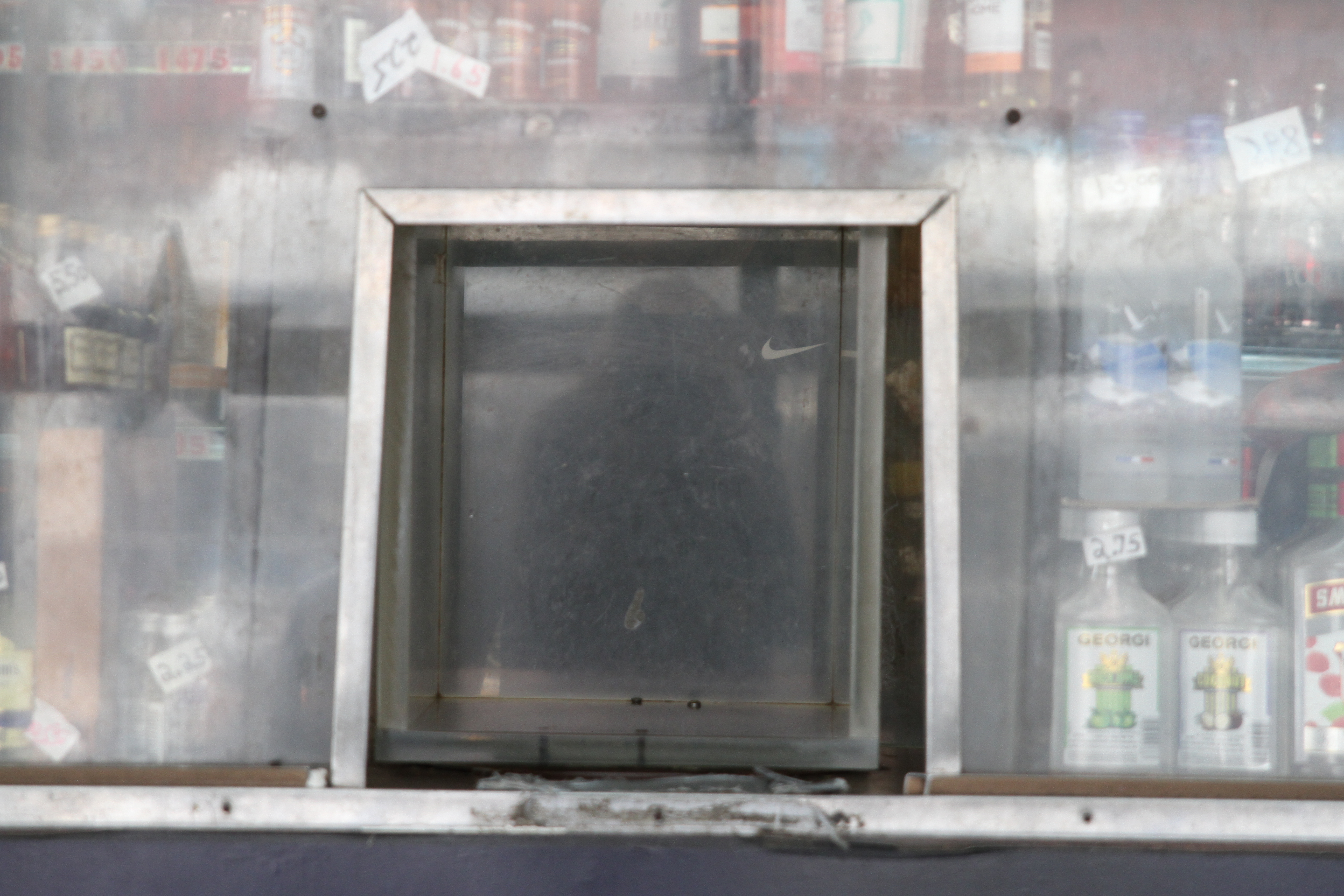
Henry James does not know if the barrier between him and his customers is bulletproof, but he hopes so.
“I never had the pleasure to find out,” James said.
James, 56, has been working the register at Negrito Wine & Liquors for 16 years, communicating with customers from a plexiglass fortress lined with small, dusty bottles.
Novel coronavirus hasn’t hurt business — “people are going to drink regardless” — but this summer, James has witnessed the attitude of his customers change.
“People are scared,” James said. “They don’t want to come out to get shot.”
James would like to see the city do more to protect him and his neighbors, but acknowledged the problem wasn't a simple one to solve.
"Every day it changes," James said. "What’s going on is just really sad, we do need concern."
James feels safe behind his plastic wall during the day, but coming and going in the early and late hours frightens him.
What does he do to protect himself?
Said James, “I just pray.”
'I Would Love To Be Better'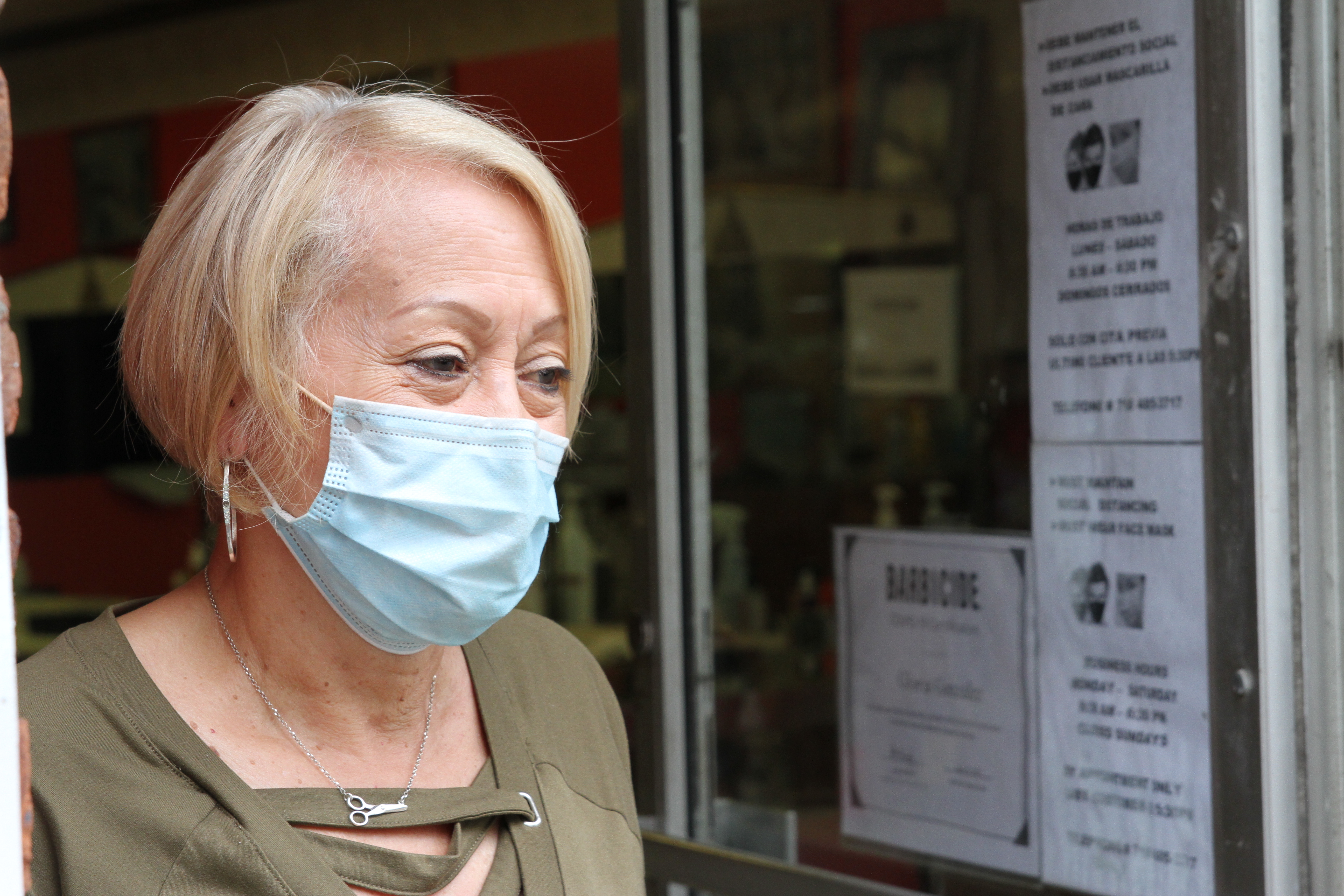
A sign inside Sisters Beauty Salon tells customers there are four things a woman should know: how to look like a girl, act like a lady, think like a man and work like a dog.
But there hasn’t been much work for owner Eugenia Gonzales, 74, to do since the pandemic hit, and on a quiet Monday afternoon her sole customer sat under a hair drying, tending to a little girl on her lap.
“They’re short on money because they’re not working,” Gonzalez said of her customers. “It’s not so bad, but I would love to be better.”
Money, or the lack of it, is the reason Gonzales has seen business decline and why she doesn’t get to see her daughter and son, a retired NYPD detective, on a daily basis, as she’d like to.
Manhattanites may be fleeing because New York City is “over,” but Gonzalez’ children were forced to leave their childhood home because they couldn’t afford to stay.
“At the end, I’m going to to them,” Gonzales said. Of her son, she adds, “Smart kid, not like his mother.”
If Gonzalez is worried about the recent increase in gun violence, she doesn’t let it show. But she’s not deaf to the murmurs rising above the sounds of scissors snipping and the hum of blow dryers.
“People talk and I listen,” Gonzales said. “There’s a lot of violence. A lot of shooting.”
What concerns Gonzales is the prospect of another novel coronavirus shutdown. She doesn’t own her storefront and rent wiped out her savings account when the salon was forced to close in March.
“If they shut down, Gonzales said, “I have to go get food stamps.”
If Gonzalez maintains tranquility among the violence, her son does not. He often calls his mother to warn her.
“Mami," he says. "Watch your back.”



